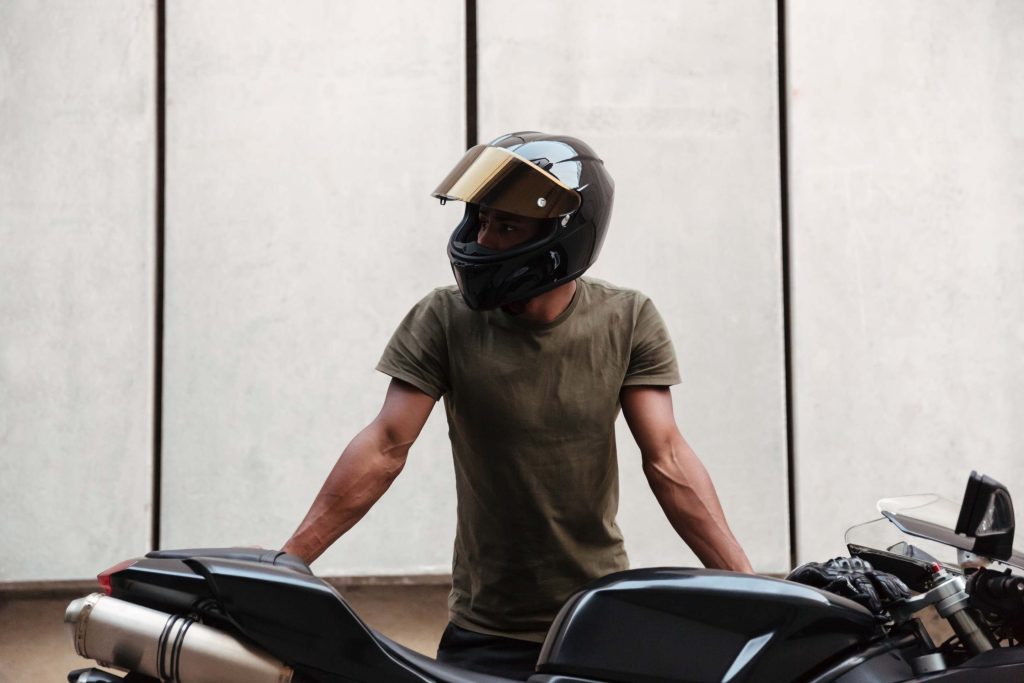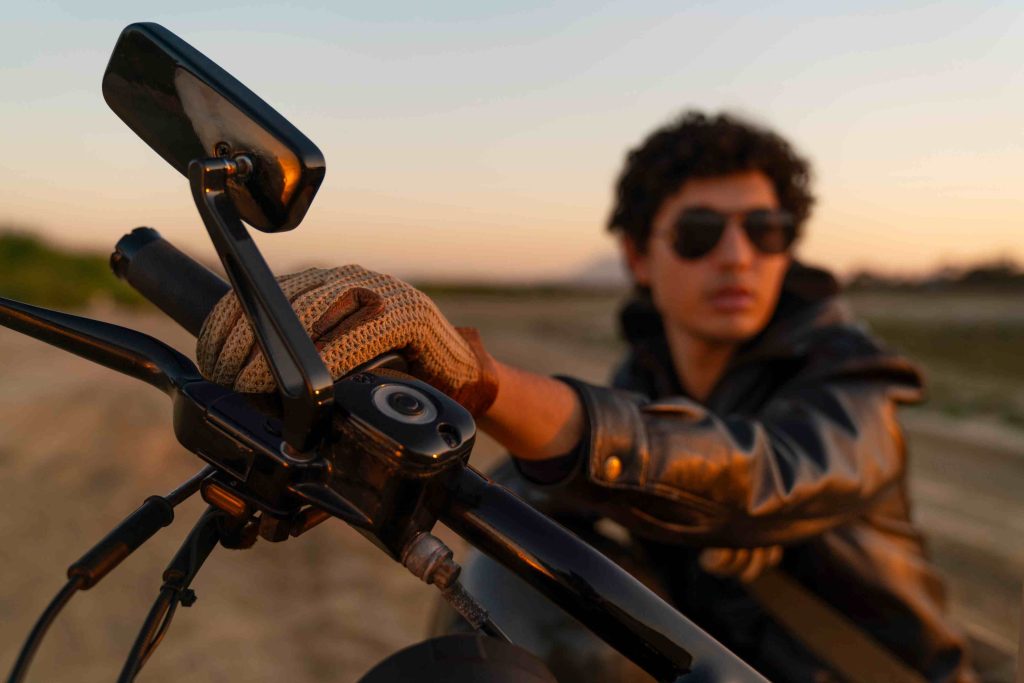Riding a motorcycle requires constant attention. Every second counts. Riders scan traffic, watch the road, and react fast. Unlike driving a car, there is no shell to hide behind. Every choice matters more. This constant thinking builds up. It causes what experts call mental load.
Mental load affects how well riders perform. Too much of it can cause mistakes. Smart gear helps ease that load. It does not just protect. It supports the rider’s focus. Gear today does more than it used to. Mounts and storage gear are part of that support system.
This article looks at how mental load builds up while riding. It also shows how smart gear makes the ride easier and safer.
What Is Mental Load While Riding a Motorcycle
Mental load is the pressure of doing many tasks at once. On a motorcycle, it builds up fast. Riders must balance, steer, shift, and watch the road. They also look out for drivers, animals, and potholes. The mind never rests. This can lead to stress or small errors.
There is also the weather. Rain, wind, and sun can all make riding harder. Traffic adds to the load. Riders must plan moves and respond fast. There is no room for delay.
Unlike in a car, the rider feels every bump. That adds to the physical and mental effort. Carrying gear or checking a phone makes it worse. Distraction is dangerous.
When the brain juggles too much, it gets tired. That is how mental load affects safety. The more choices a rider must make, the more risk there is. Reducing that load helps the rider stay sharp. That is where smart gear can help.

The Science Behind Distraction and Decision Fatigue
The brain has limits. It can only focus on so much at once. When too many things demand attention, focus drops. This is called distraction. Distraction causes riders to miss signs, turns, or threats.
Decision fatigue is also real. Each choice, even small ones, uses brain power. Over time, the brain gets tired. Riders may make slower or poor decisions. This happens even to skilled riders. The longer the ride, the higher the risk.
Stress makes both worse. If a rider is cold, tired, or unsure, they lose focus faster. Simple gear problems can add to the stress. A phone sliding around, a noisy helmet, or a sore back—all of these things add pressure.
Smart gear reduces the number of choices and problems. That saves brain power. It gives the rider more space to think clearly. Less fatigue means better choices. That makes every ride safer and smoother.
How Gear Contributes To a Reduced Mental Load
Enhanced Confidence and Perception of Safety
Good gear makes riders feel safe. When the helmet fits well and stays quiet, riders can think clearly. When a phone stays secure on a solid mount, riders worry less. They can keep their eyes on the road. This builds trust in the gear.
Confidence matters. If a rider feels unsure about a jacket or a helmet, it adds stress. Strong, well-designed gear reduces doubt. Riders feel protected. That reduces fear and sharpens focus.
Perceived safety is also key. Even when nothing goes wrong, knowing the gear will hold up brings calm. Calm riders react better. They take smart actions. This all lowers the mental load.
Mounts from GRxplore are a good example. Riders know their phones are locked in. That trust lets them focus on riding. The gear fades into the background. That is the goal.
Reduced Physical Discomfort and Fatigue
Pain or strain adds to mental load. A sore back, numb hands, or helmet pressure wears on the rider. Every mile gets harder. Smart gear reduces that strain. It supports the body. It fits well. It absorbs shocks.
Seats, gloves, and jackets designed for long rides reduce pain. Lighter helmets ease neck strain. Good storage means no backpacks pulling on shoulders. These changes may seem small. But over time, they matter.
When riders feel good, they think better. Their minds stay clear. They do not waste focus on adjusting or fixing things. Gear that fits right removes that need.
Improved Focus and Awareness
Smart gear makes things simple. That means the rider has fewer things to manage. When the phone is easy to check, maps stay clear. When nothing rattles or flaps, the mind stays calm.
Noise, loose gear, or clutter can pull focus. Reducing these distractions gives the brain more room to work. Focus becomes steady. Riders see more and miss less.
GRxplore mounts help here. They hold the phone still, even on rough roads. That keeps navigation easy to read. Fewer glances. Fewer worries. More focus.
Better focus means better safety. That is why gear matters. It shapes how the rider thinks and reacts.

How Storage Helps Riders Stay Organized
Clutter adds stress. If a rider must carry gear in a backpack or hang bags from bars, it affects balance. It also forces them to think about what goes where. That is extra load on the brain.
Tail boxes give everything a place. Mo Bikers offers sturdy, custom-fit boxes. They stay put. They hold gear safely. That makes packing and unpacking faster. Less time guessing where things are.
Storage means no loose items. No swinging bags. No forgotten tools or rain gear. The ride becomes smoother and quieter. Fewer distractions. More peace of mind.
Storage also lets riders carry items without stress. Snacks, water, first aid—these things help during long rides. Knowing they are there removes doubt. Riders can focus on the road.
Smart storage is not just for carrying things. It helps organize the ride. That keeps the mind clear.
Conclusion: The Real Benefit Is Peace of Mind
Riding is not just about speed or freedom. It is also about control and awareness. Too much mental load takes away from that. Riders need space to think and react.
Smart gear helps create that space. It cuts out noise, strain, and worry. Mounts hold the phone steady. Storage keeps things in order. Good gear fits right and works without fuss.
This is not just about safety. It is about peace of mind. That is the true value. When gear does its job, riders ride better. The road feels clearer. The mind stays calm. That makes every trip better.